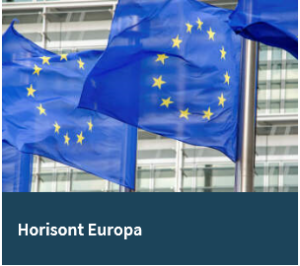Category: Møte
NKS Nobel Prize Party

Please note: The event takes place at Tripletten (3069) in the Science building, starting at 19h00!
Congrats on successful Summer School!

Summer School 2022 – Computational Molecular Design — 9th – 11th May 2022, Bergen 🇳🇴
The 2022 NordCO2 Summer School was organised by UiB around the theme of “Computational molecular Design” and ran across 3 days with lectures and exercise sessions conducted and given by a group of dedicated Lecturers:
- Pr. Vidar R. Jensen (UiB)
- Dr. Marco Foscato (UiB)
- Pr. David Balcells (UiO)
- Jonas Ekeli (UiB)
- Simen Reine (UiO)
This summer school is one of a string of events in The Nordic Consortium for CO2 Conversion (NordCO2, funded by NordForsk through the Nordic University Hub call), which is a network for Nordic researchers working on chemical CO2 conversion in the Nordic countries. NordCO2 promotes knowledge exchange, initiates novel scientific collaborations, jointly trains Nordic students and organizes outreach activities.
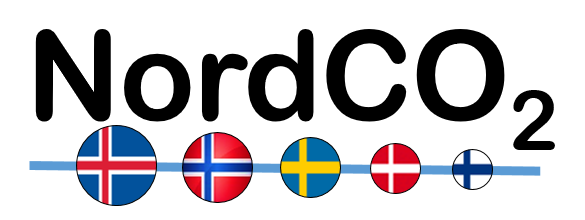
Seminar in bioinformatics on Monday May 31 — part of hiring process

The five top candidates to fill a vacancy at Department of Chemistry and CBU as faculty member in bioinformatics will present their research and research plans to a broad audience on Monday, May 31. The event is organized as a digital seminar, please follow the link. This will take you to a waiting room. Please attend with your full name in order to be allowed entry.
09.00 Welcome
09.05 Prashanth Athri – Director at CubeBio, AI in drug discovery
09.35 Vishwesh Venkatraman – Researcher, NTNU
10.05 Antonella Di Pizio – Leader of Molecular Modeling group at the Leibniz-Institute for Food Systems Biology at the Technical University of Munich
10.35 Markus Miettinen – Leader of the High-Fidelity Biomolecular Modelling Research Group, Max Planck Institute of Colloids and Interfaces, Potsdam
11.05 Enrico Riccardi – Researcher at Section of Machine learning, Department of Informatics, UiO, Oslo
11.45 Closing
Intervju med 1. am. Alexander Sandtorv, UiO

NKS Bergen inviterer til et interessant, digitalt intervju!
Førsteamanuensis Alexander Sandtorv (UiO) er en tidligere UiB-kjemiker med mange molekyler i luften. I tillegg til at han har publisert flere lærebøker i kjemi er han aktiv spaltist i Morgenbladet, har deltatt flere ganger på Abels tårn, nylig laget en podcast med Kristopher Schau. Du har kanskje også sett han på Lindmo.
Vi tar en prat med Alexander Sandtorv – kjemiens ansikt utad!
STED: Streames på YouTube Kl 18.00-19.00
Trial lecture. Biofuels: Status, challenges and perspectives
MSc. Hilde Vik Halleraker delivers her lecture over given topic as partial fulfilment of the requirements for the ph.d. degree.
Title: . Biofuels: Status, challenges and perspectives.
NKS Nobel-feiring en suksess
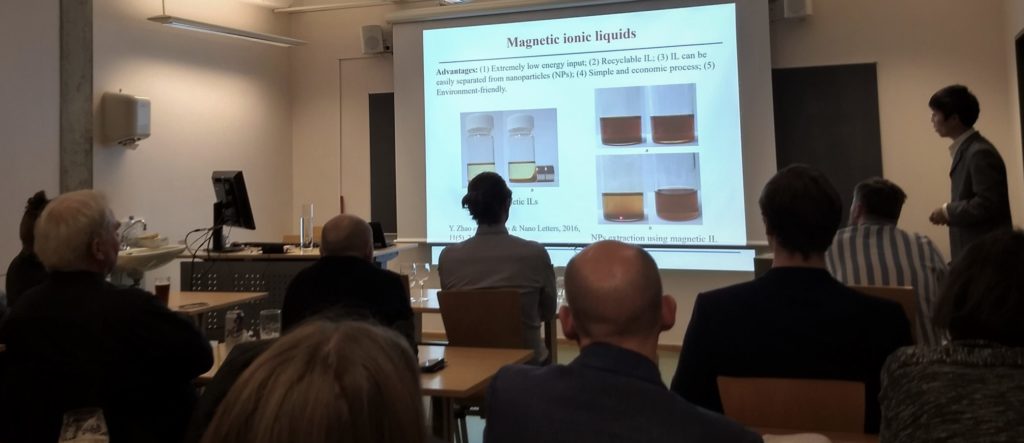 Årets Nobelfest ble en stor suksess! Over 30 deltakere stilte for å få med seg det spennende foredraget om årets Nobelprisvinnere i kjemi som førsteamanuensis Yansong Zhao fra Høgskulen på Vestlandet holdt, samt for å ta del i den påfølgende festen med skalldyrsmiddag – eller chili sin carne for dem som ønsket et vegetariansk alternativ – og noe godt i glasset. Det ble god stemning med musikk og Nobelfestquiz etter middagen. Du er hjertelig velkommen til å bli med — om ett år! Fotograferende referent: Beate H.
Årets Nobelfest ble en stor suksess! Over 30 deltakere stilte for å få med seg det spennende foredraget om årets Nobelprisvinnere i kjemi som førsteamanuensis Yansong Zhao fra Høgskulen på Vestlandet holdt, samt for å ta del i den påfølgende festen med skalldyrsmiddag – eller chili sin carne for dem som ønsket et vegetariansk alternativ – og noe godt i glasset. Det ble god stemning med musikk og Nobelfestquiz etter middagen. Du er hjertelig velkommen til å bli med — om ett år! Fotograferende referent: Beate H.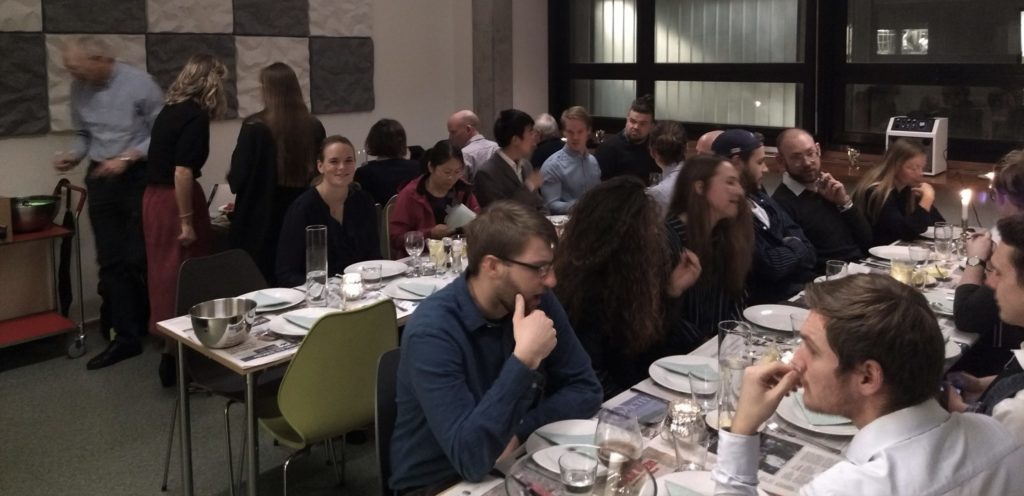
Guest lecture on Material Demand for Energy – Friday Sept 20 @12.15
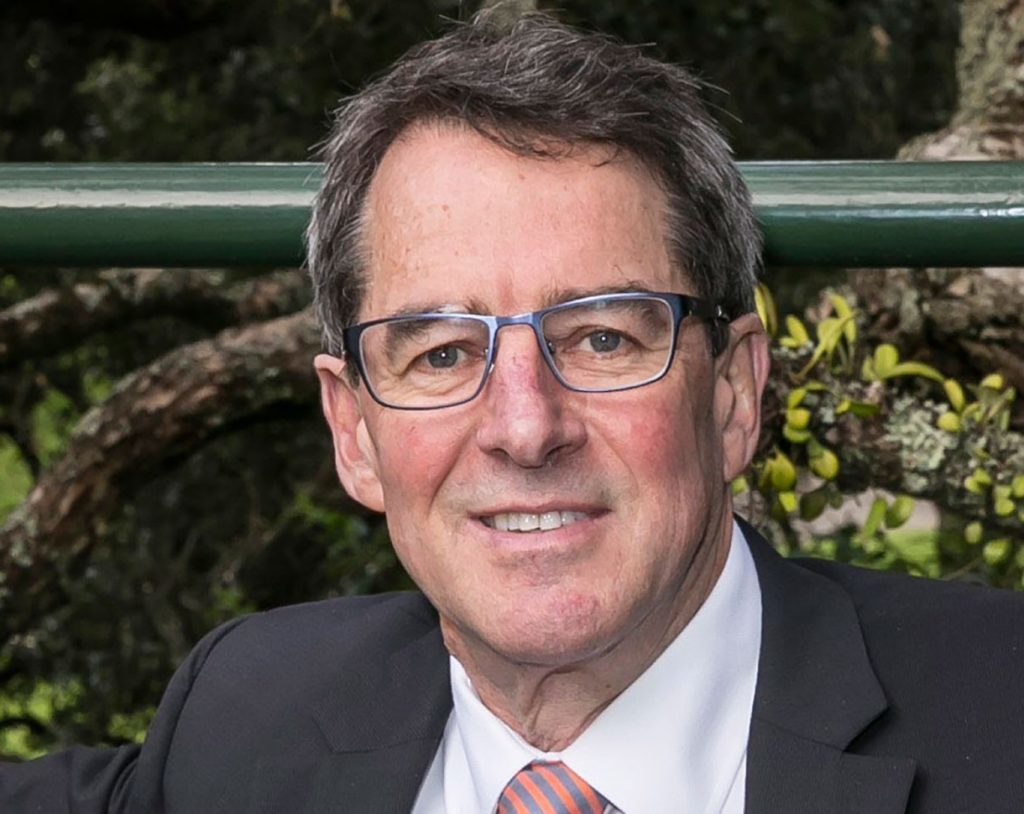 In addition to several high-profile rôles including deputy vice chancellor for research and science adviser to the NZ government, Dr. Metson is a PI at MacDiarmid Institute for Advanced Materials and Nanotechnology. His field of expertise is surface chemistry and material science, and he holds a particular interest in the processing and behavior of aluminium oxide. His wider research interests include:
In addition to several high-profile rôles including deputy vice chancellor for research and science adviser to the NZ government, Dr. Metson is a PI at MacDiarmid Institute for Advanced Materials and Nanotechnology. His field of expertise is surface chemistry and material science, and he holds a particular interest in the processing and behavior of aluminium oxide. His wider research interests include:- Metal oxides, hydroxides and nitrides in catalysis, semiconductor materials, absorbents and refractories
- Synchrotron radiation and applications in surface and materials science.
- Alumina microstructure and the impacts of alumina properties in aluminium reduction technology.

